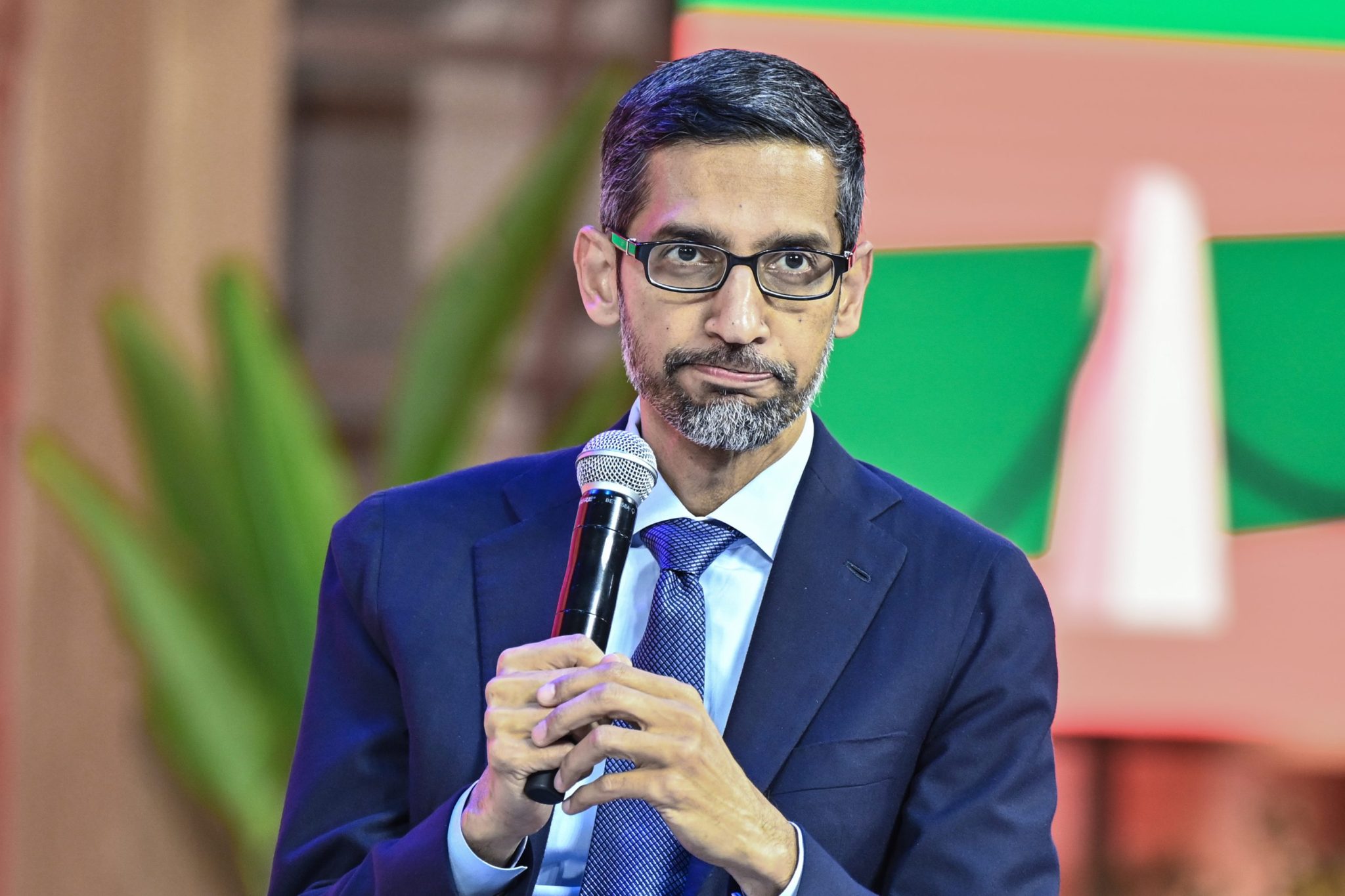
Google is looking to slow the pace at which middle management can climb the ranks in an effort to reduce employee salaries considered generous even by Silicon Valley standards.
A darkening macroeconomic outlook and rising pressure from shareholders has prompted CEO Sundar Pichai to apply the brakes in a move to prevent its staffing and cost base from becoming any more bloated than it already is.
“With our slower pace of hiring, we are planning for fewer promotions…than when Google was growing quickly,” the company said in an email obtained by Insider.
The decision affects management layers starting with the so-called L6 level and above, which typically includes staff with a decade of experience or more.
The email went on to say that the decision would ensure the number of managers in more senior leadership roles “grows in proportion to the growth of the company.”
If the past quarter is anything to go by, they can expect a very meager increase indeed.
Revenue at parent holding Alphabet inched up by just 1% during the final three months of last year, compared with 32% in the previous year’s quarter.
The strong dollar canceled out business improvements outside the U.S., which accounts for just over half of the group’s turnover. Adjusted for currency effects, however, the performance still disappointed.
Even as the annual pace of sales growth fell to 10% in 2022, Alphabet’s workforce grew at twice the rate.
Employee count rose to just over 190,000 employees by the end of December, according to company figures.
Investors are demanding Google take action to mitigate excessive pay and staffing levels
The news over slowing promotions for senior managers follows recent pressure from investors that want Google to follow other peers like Meta, Amazon, Microsoft, and Salesforce and trim staff.
In November, U.K. hedge fund manager Chris Hohn of TCI accused Pichai of exercising poor financial discipline; urged him to take aggressive action to tackle his excessively high cost base; and run the business using “significantly fewer” employees.
“The company has too many employees, and the cost per employee is too high,” the activist investor said in an open letter, arguing Alphabet pays some of the highest salaries even when compared with the ultracompetitive pay landscape in Silicon Valley.
The tech giant is facing perhaps its greatest competitive challenge in the 25 years since it was founded, as Microsoft’s partnership with ChatGPT creator OpenAI threatens to build its search engine Bing into a serious rival.
A week after Hohn published his comments, news broke that Google was revamping its system for evaluating staff performance, asking managers to identify 6% of their teams that brought the least amount of value to the company.
Pichai subsequently announced in January a headcount reduction of 12,000, claiming to take “full responsibility” for the decisions that brought Google into its current difficulties.







